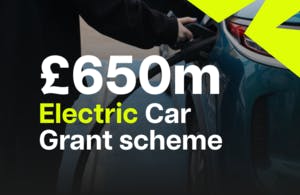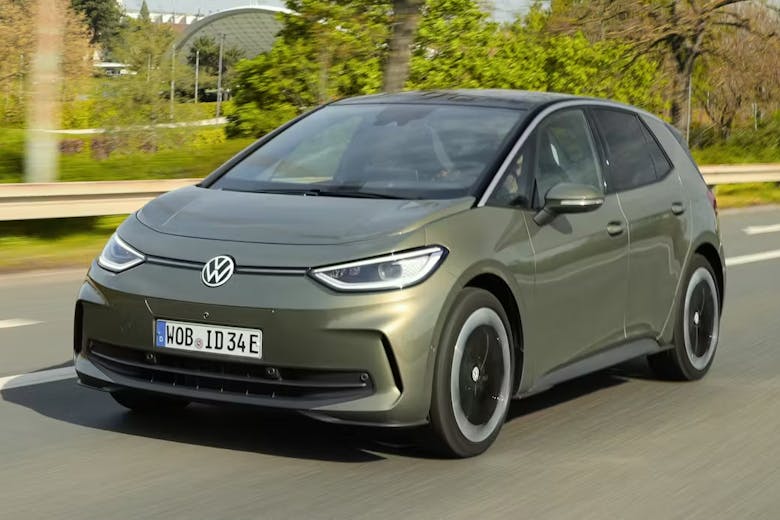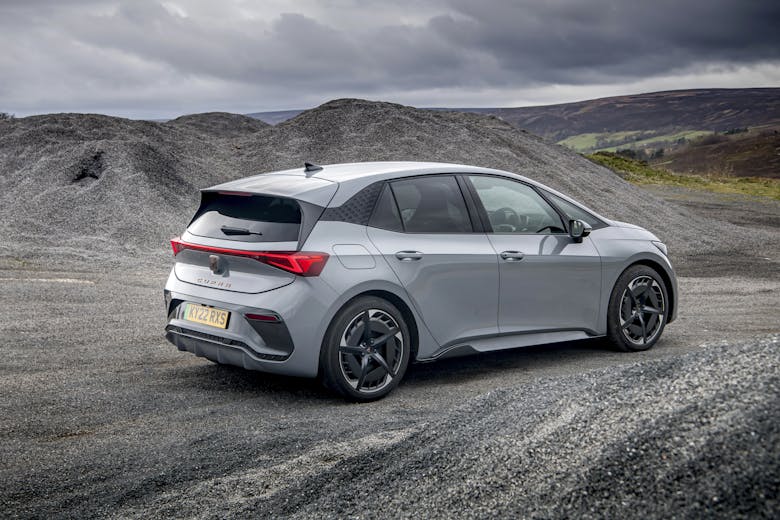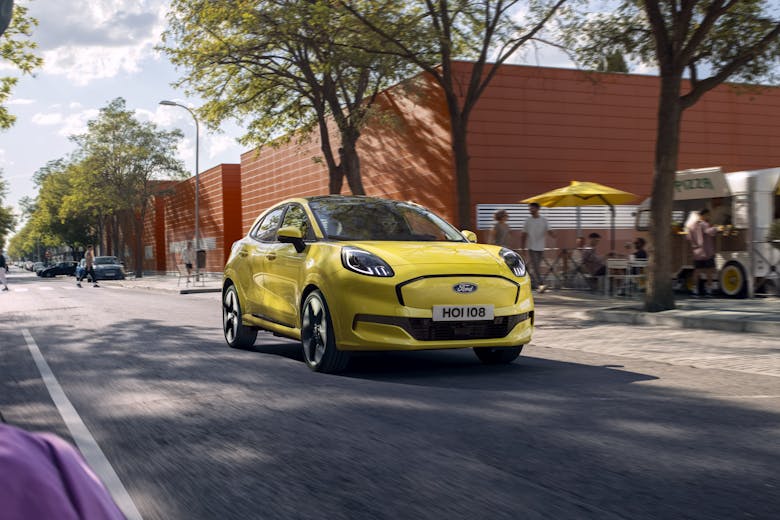New £3,750 electric car grant to slash costs for thousands of UK drivers
A major new government grant is making electric cars more affordable, with discounts of up to £3,750 now on the table for new EVs.
Key highlights
-
From 16 July 2025, car manufacturers can apply for the newly launched Electric Car Grant (ECG). A £650 million government-backed scheme designed to help more UK drivers make the switch to electric.
-
Targeting vehicles priced under £37,000, the grant will offer savings of up to £3,750 at the point of sale, helping bring EVs into reach for thousands more households.
-
The scheme will run until at least 2029 and is designed to reduce the upfront cost difference between petrol and electric cars, a key barrier that’s still holding some drivers back.
-
Some industry voices have raised concerns about the grant’s long-term impact, citing risks of market distortion, margin creep, and missed opportunities to invest in used EVs and charging infrastructure.

From today manufacturers can apply for a government grant of up to £3,750 to lower the cost of electric vehicles priced under £37,000. This scheme has been designed to lower the cost of entry to electric motoring for more people.
So what does this mean? Well the purchase price of a new EV should look lower than it did last week - as will the monthly leasing price by as much as 10% in some cases. It also means more leasing options at lower monthly costs, as vehicle prices drop and we imagine manufacturers might compete to get their EVs on the eligible list. Let's see how things pan out in the coming weeks.
Electric cars currently priced under £37,000

VW ID.3 : P11D value: £34,480.00

Cupra Born : P11D Value: £35,440.00

Ford Puma Gen-e : P11D Value: £29,940.00
The ECG supports the UK’s wider Plan for Change, aimed at cutting costs for working families while backing green jobs and sustainable manufacturing. Only cars that meet high environmental production standards will qualify, giving UK and global manufacturers incentive to invest in cleaner, better cars. We aren't 100% sure what those standards are just yet but we do know that some manufacturers do run production sites on renewable energy, BMW's Leipzig factory for example, and many do use recycled materials in their electric cars, and recycle the batteries after the car's lifespan ends.
Transport Secretary Heidi Alexander summed it up:
"This EV grant will not only allow people to keep more of their hard-earned money, it’ll help our automotive sector seize one of the biggest opportunities of the 21st century."
Dan Caesar, CEO of Fully Charged, added:
"While most EVs are cheaper to run than petrol and diesel cars, many are still more expensive to buy or lease. This well-targeted grant is a positive step to support lower income households, rural drivers, and those that rely on their cars."
At DriveElectric, we agree. This is a practical step that addresses the cost barrier many drivers still face, and has the potential to open up EV access to more people across the UK.

This announcement comes as the UK hits over 82,000 public chargepoints nationwide — with one being installed every 30 minutes. And with more than 380,000 new EVs registered last year, the UK is now Europe’s largest electric car market.
With more new models under £30,000 and a growing used EV market too, the shift to electric is becoming not just greener, but genuinely more affordable.
Some say EV grant misses bigger picture on affordability and infrastructure
While the return of EV grants is being welcomed in many quarters, some long-time EV advocates have voiced frustration, warning that the scheme may risk repeating past mistakes.
- Critics point out that manufacturer “margin creep” has previously diluted the benefits of such grants, with discounts quietly shrinking as incentives arrive.
- There are also concerns over complex environmental eligibility rules creating administrative burdens and uncertainty for buyers.
- With a limited number of vehicles likely to benefit, some argue the grant risks creating a short-term market distortion, rather than long-term confidence.
- Many in the industry suggest the funding could have been better targeted — such as boosting home charger grants, which support both drivers and local installation jobs, or helping lower-income drivers via the used EV market.
- Removing VAT on eligible used EVs, for example, is seen by some as a simpler and more equitable lever to drive adoption.
While the goal of making EVs more affordable is widely shared, some feel this policy could have gone further in addressing the other very real barriers that still stand in the way of mass electric car and van adoption.
Want to know how this grant could affect your next electric car lease?
Our team is here to help you find the right car, at the right price, and make the switch with confidence. Get in touch today.



